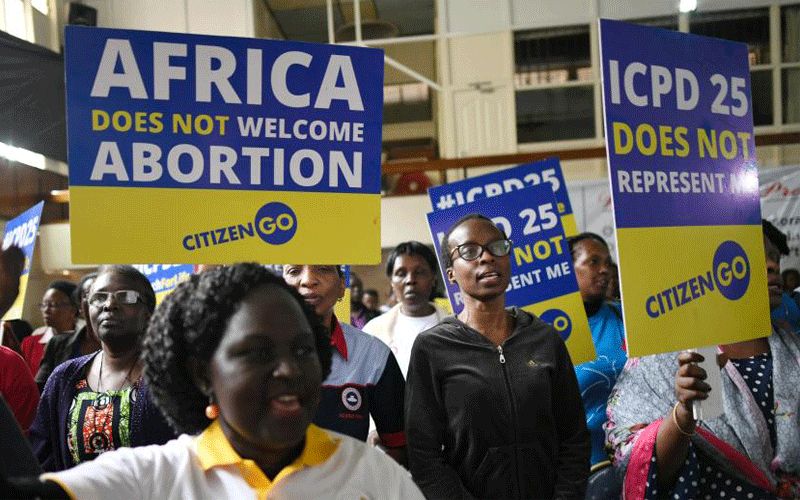Ouagadougou, 06 February, 2020 / 3:53 am (ACI Africa).
This is the final part of a four-part series that ACI Africa has been running since December last year to detail activities by a U.S.-based research company testing drug-induced, second-trimester abortion that women in the U.S. do not want. This part provides a way forward and advice to vulnerable Burkinabe women who are likely to fall victim of the controversial tests as highlighted in parts one, two and three of the series where we described the contexts of the abortion tests , the leaders’ general take as well as condemnation of the drug-induced abortion that church leaders described as regrettable, a serious sin for Christians who take part in it, and “a dictatorship of human thought which the church is prepared to fight.”
Background: After research initiatives on the effectiveness of abortion-inducing tablets for women who are at least 12 weeks pregnant failed to take off in the U.S., a research organization based in the same country decided, a couple of years ago, to cross several borders to the West African country of Burkina Faso to conduct the study, testing chemical abortion on women with limited resources, ACI Africa established.
Church leaders that spoke to ACI Africa have highlighted the need of educating women on the dangers of abortion considering what they term as the lack of a legal framework around abortion in Burkina Faso.
Bishop Bishop Dèr Raphaël Kusiélé Dabiré of Burkina Faso’s Diébougou Diocese termed the fight against the abortion trials a difficult matter, likening it to a “David-Goliath” fight which he said could be won through education and coherent communication on the dangers of abortion.
“It is a difficult fight. But the image of David and Goliath is illustrative,” said Bishop Kusiélé adding, “All these evils are Goliath and David is the Universal Church, the Church of Africa, the dioceses, the basic Christian communities and guided at each level by its pastor. We shall triumph over Goliath. So, I think education remains the key solution to solving this problem at all levels.”








